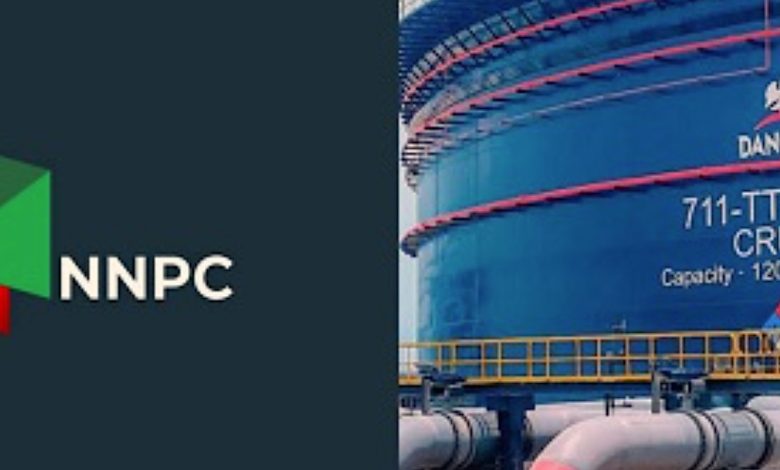News
NLC calls for naira crude sales to Dangote refinery

The Nigeria Labour Congress (NLC) has called on the Federal Government to sell crude oil to the Dangote Refinery in Naira, rather than dollars.
The appeal was made by the NLC Lagos State Chairperson, Comrade Funmi Sesi, during a visit to the Dangote Petroleum Refinery and Fertiliser Plant on Tuesday in Lekki, Lagos.
Sesi emphasised that selling crude oil in Naira would significantly reduce operational costs for the refinery, leading to lower fuel prices for Nigerians.
“If the government truly wants to lower fuel prices and support local refining, it must sell crude oil to Dangote in Naira,” she said.
The NLC praised Dangote Ltd. for creating a transformative national asset that bridges Nigeria’s fuel supply gap, creates jobs, and boosts industrial capacity.
Sesi commended the refinery’s production of Euro-5-compliant fuel with reduced sulphur content, aligning with global environmental standards and enhancing Nigeria’s market reputation.
Responding, Dangote Industries Vice President, Oil and Gas, Devakumar Edwin, revealed plans to deploy 4,000 Compressed Natural Gas (CNG)-powered trucks to distribute refined petroleum products nationwide, reducing logistics costs and making fuel more affordable.
He said it was setting a foundation for a sustainable, competitive refining industry that would benefit the national economy.
Edwin revealed plans to deploy 4,000 Compressed Natural Gas (CNG)-powered trucks to distribute refined petroleum products nationwide.
He said the CNG trucks would ensure domestic refining benefits and lower fuel prices are fully passed to Nigerian consumers.
According to him, the CNG fleet would reduce logistics costs — a major contributor to pump prices.
“The deployment of 4,000 CNG-powered trucks will help pass down domestic refining benefits and lower product prices to consumers,” he said.
He clarified the aim was to improve distribution efficiency, not displace existing operators.
Edwin added that CNG trucks are environmentally friendlier and cheaper to run, helping to make refined products more affordable nationwide.
The refinery’s daily capacity of 650,000 barrels can serve Nigeria and West Africa.



